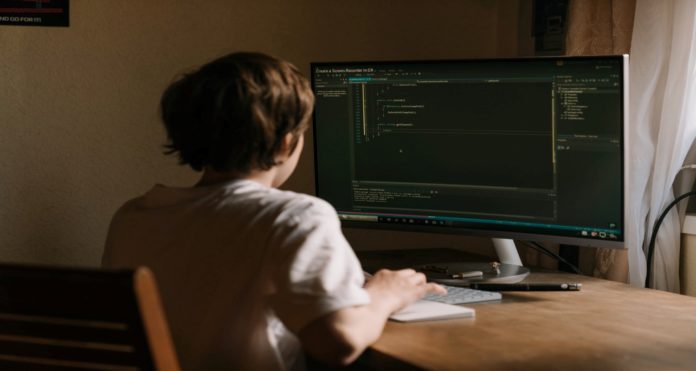Negosentro.com | 5 Ways to Protect Yourself From Hackers | Not even your mom or your best friend knows everything about you that your computer does; your computer knows your passwords, your medical records, your bank information, and your website history. There’s a reason you keep that data private. You want to make sure the information on your computer is for you and you only.
That’s why it’s important to protect yourself from hackers. A hacker doesn’t need to have your physical computer in front of them to gain access to your data, but rather can use their tech-savvy knowledge to hack you from a distance. Here are a few tips on how to protect yourself from hackers, making sure your personal data remains personal.
1. Use Good Passwords
Passwords that are easy to guess, such as your name, your date of birth, or even your mom’s name, aren’t going to protect you from the hackers. You need to make sure your passwords are creative, personal, and not easily guessable. They should have at least eight characters, a mix of lowercase and uppercase letters, and include numbers or special characters. It’s also smart not to use the autofill feature for passwords; while it might be a little bit annoying, your data is far more protected if you’re manually entering your password every time.
2. Understand APIs
Contrary to popular belief, you don’t have to be a computer science expert or tech whiz to understand APIs. Simply put, an API, or an or Application Programming Interface, allows two applications to share data and communicate with each other. For example, you use an API when you do pretty much anything on your phone, such as checking Twitter, sending an iMessage, or mapping to a destination. Therefore, it’s important to be familiar with API security. But what is API security? API security is the protection of the APIs you own and use against unauthorized access, cyberattacks and privacy violations. Be sure that the companies you do business with are taking steps to protect the data that is flowing to and from their apps. If they are properly protecting their APIs, it will be much more difficult for hackers to steal your personal information from them.
3. Choose Your Apps Wisely
It’s easy to log on to an app store and decide that a new game or program looks fun or useful, but be wary of credibility. You should only download apps from sources you can trust and that have good reputations. It can be useful to look at consumer reviews or even do a little extra internet research. Further, you should update the apps that are already downloaded frequently, so that you know they are providing you with the best security and protections that they can.
4. Don’t Access Personal Information With Public Wi-Fi
Being careful about when and where you access your data is incredibly important. When you access personal data using public Wi-Fi services, you’re making it very easy for hackers to find and harvest that information. Therefore, you should never type your social security or credit card numbers into your phone when you’re somewhere using public wifi. Make sure your connection is secure—no exceptions.
5. Turn off What You’re Not Using
If you’re walking around your hometown, you probably don’t need your GPS. So turn it off. Hackers can take advantage of features on your phone or computer to get your information. Make sure that if you’re not using an app that stores some of your personal data—be it financial, locational, or medical—it’s turned off and, therefore, unavailable to hackers. Once you make a habit of doing so, it won’t be hard to remember.
Bad things can happen when you get hacked. Hacking can lead to identity theft or credit card transactions that you had nothing to do with, and calling your bank to straighten it all out is way more trouble than it’s worth. Your personal information is for your eyes only, and it should stay that way. So follow these five simple steps and you’ll keep your data protected, foiling the plans of one hacker at a time.














